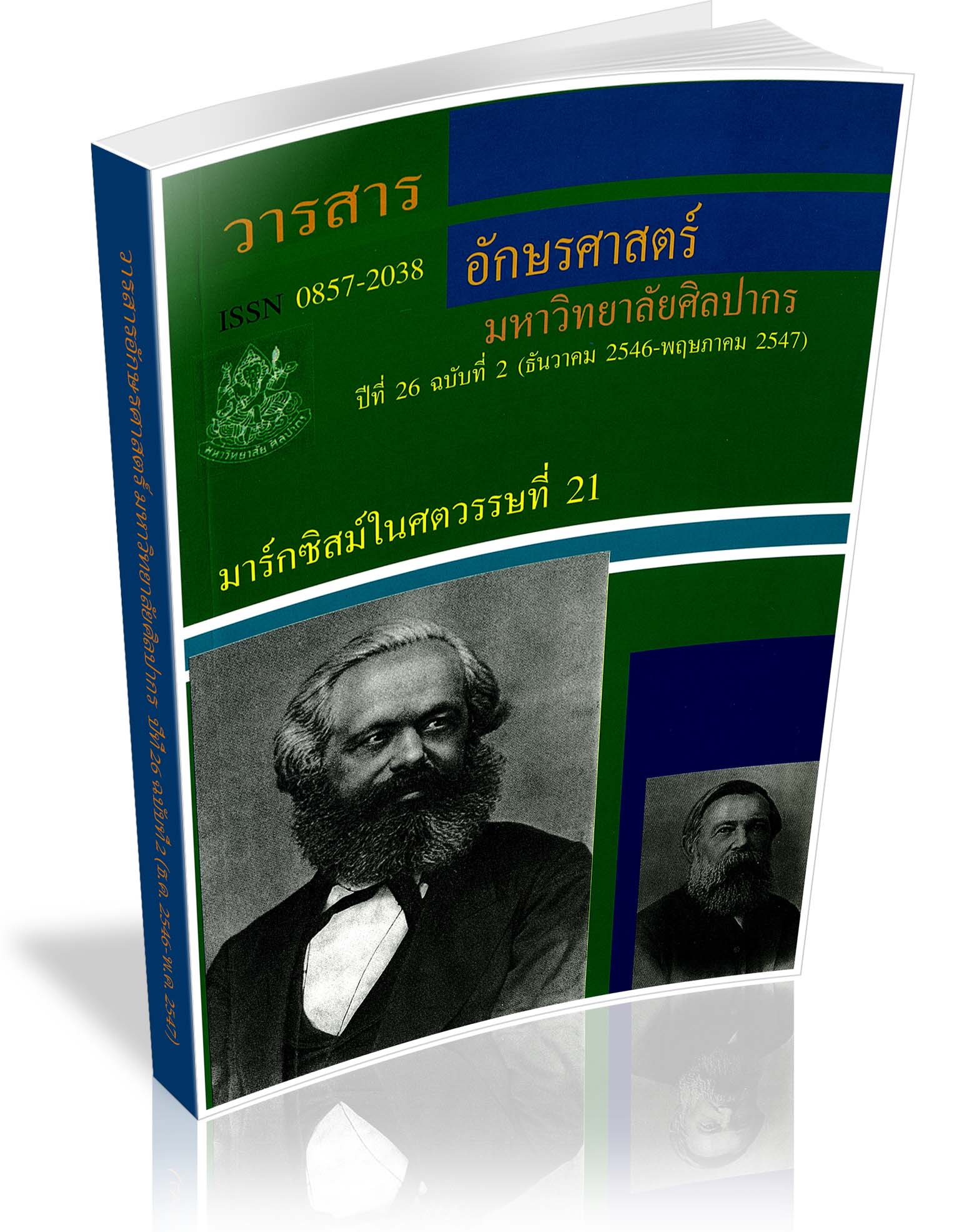Marxism versus Foucault
Keywords:
MarxismAbstract
The relation between the individua land soclely - or lo use more contemporary terms, the relation between "action/agency" and "structure" is now an issue which looms large in contemporarylebates of seeial science theeries. Every time we cohowever tentatively, a notion of social, political or economiccausality, we appeal whether explicitly or (more likely) implicitlyto ideas about structure and agency. The way our explanationsare formulated reflects a deeper set of understandings about the (relative) autonomy of actors or agents in the setlings in which they find themselves. What model of the nature of actors are we
creating in our explanations? Are these actors the unwittingproducts of their context, helpless individuals with minimal controlover their destiny.flounderingaround in a maelstrom of turbulent currents: or are they knowledgeable and intentional subjects withs complete control over the settings which frame their actions? Are the effects we wish to explain the products of actors displaying their agency, making unconstrained choices; or are these effects
the products of the unfolding logic of a structure (or set of structures) over which agents (individual or collective) have no control? The theeretical works that have stemmed fror the writing of Karl Marx tond to affirm dualism in a rather one--sided manner in the sense that they give priority to the macro realm in
determining the form of social activity and in agreement about the importance of objective social structures in setting the terms in which social activity is played out. These works stress the idea that the external (macro) social conditions, to varying degrees. influence the form of social action (agency"
or the "micro world"), Whereas Michel Foucaull, one of the most promrinent poststructuralists. developed a systematic theery as a response to, and ultimate
rejection of, Marxism. Foucault is against those theories which envisage society as a monolithic structure in terms of poststructuralist movement which emphasises the localised and fragmented nature of sociaty. attempt to transcend what he takes to be the limitations of dualisms
Foucaull's work represents ands such as micro-macro and agencyiaction-structure by analysing a "middle-ground" of social practices and how they express relations of power.
Downloads
References
Gouldner. Alvin. 1970. The coming crisis in western sociology. London: Heinemann.
Habermas, Jurgen. 1986 The theory of communicative action. Vo. 1 Reason and the rationalization of society. Cambridge: Polity Press.
Downloads
Published
How to Cite
Issue
Section
License
ผู้เขียนบทความต้องยินยอมในข้อกำหนดต่าง ๆ ของวารสารก่อนส่งบทความตีพิมพ์



